Study at Our College
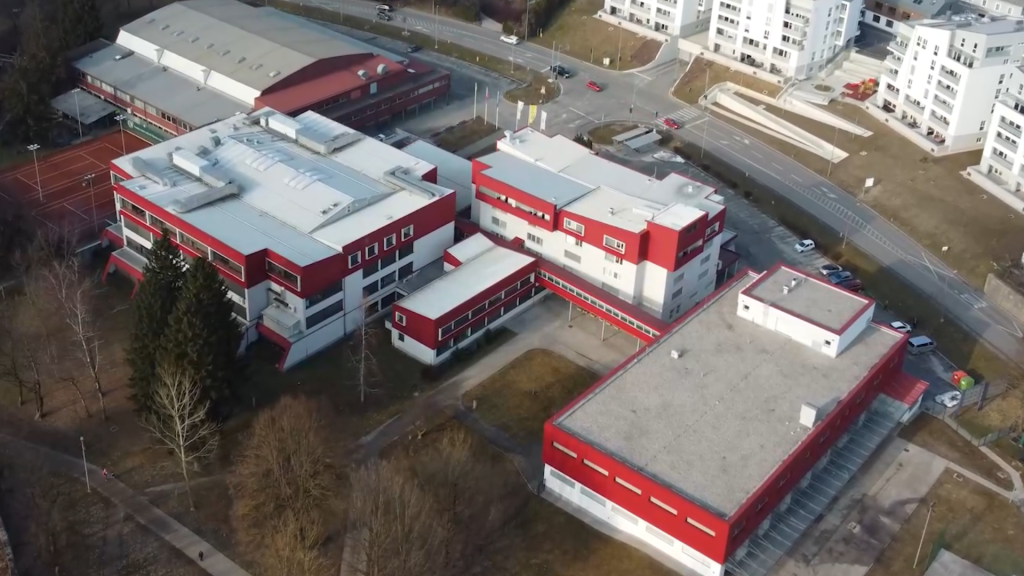
Course of study
Lectures
presentation and interpretation of the study materials
Seminar exercises (compulsory)
- seminar exercises: group work in lecture rooms involving a lecturer or instructor and students
- laboratory work: practical examples with calculations, use of various computer software, laboratory and measuring equipment, machine tools and other devices
Online classrooms
- basic source for study materials: notes and summaries of lectures, instructions and materials for exercises
- submission of seminar papers, reports and presentations
Library
professional literature, manuals, journals, materials available online
Practical training
Scope
- 40% of total study obligations
- 400 hours of work in a company in each academic year
Place
- in a company and with the participation of a mentor.
Purpose
- implementing and upgrading knowledge and skills in the entrepreneurial environment
- learning about key processes in a company
- being able to transfer knowledge into practice.
- meeting (potential) employers
Objectives
- selection and processing of the topic for the diploma thesis.
- employment
Project work
Forms of practical training
- is performed at school to the same extent as practical training
- international projects in cooperation with schools, institutions and companies from Slovenia, Germany, Italy
Successful actual projects
- VACIDE Project – the Thor robot
- construction and manufacture of a six-axis robot
- 3D scanner usage and reverse engineering
Knowledge assessment, progression to a higher year and completion of the study
Mechanical engineering
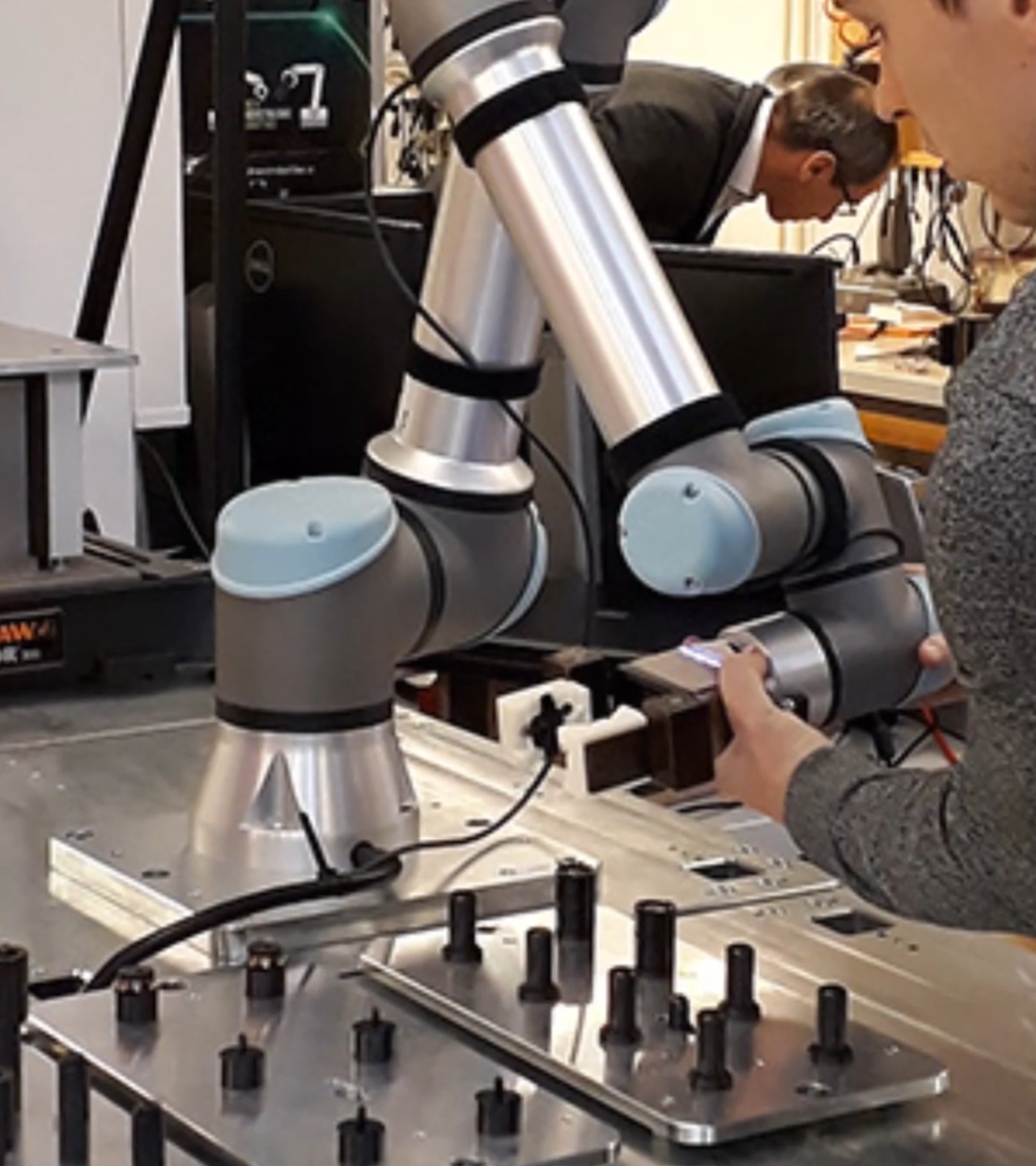
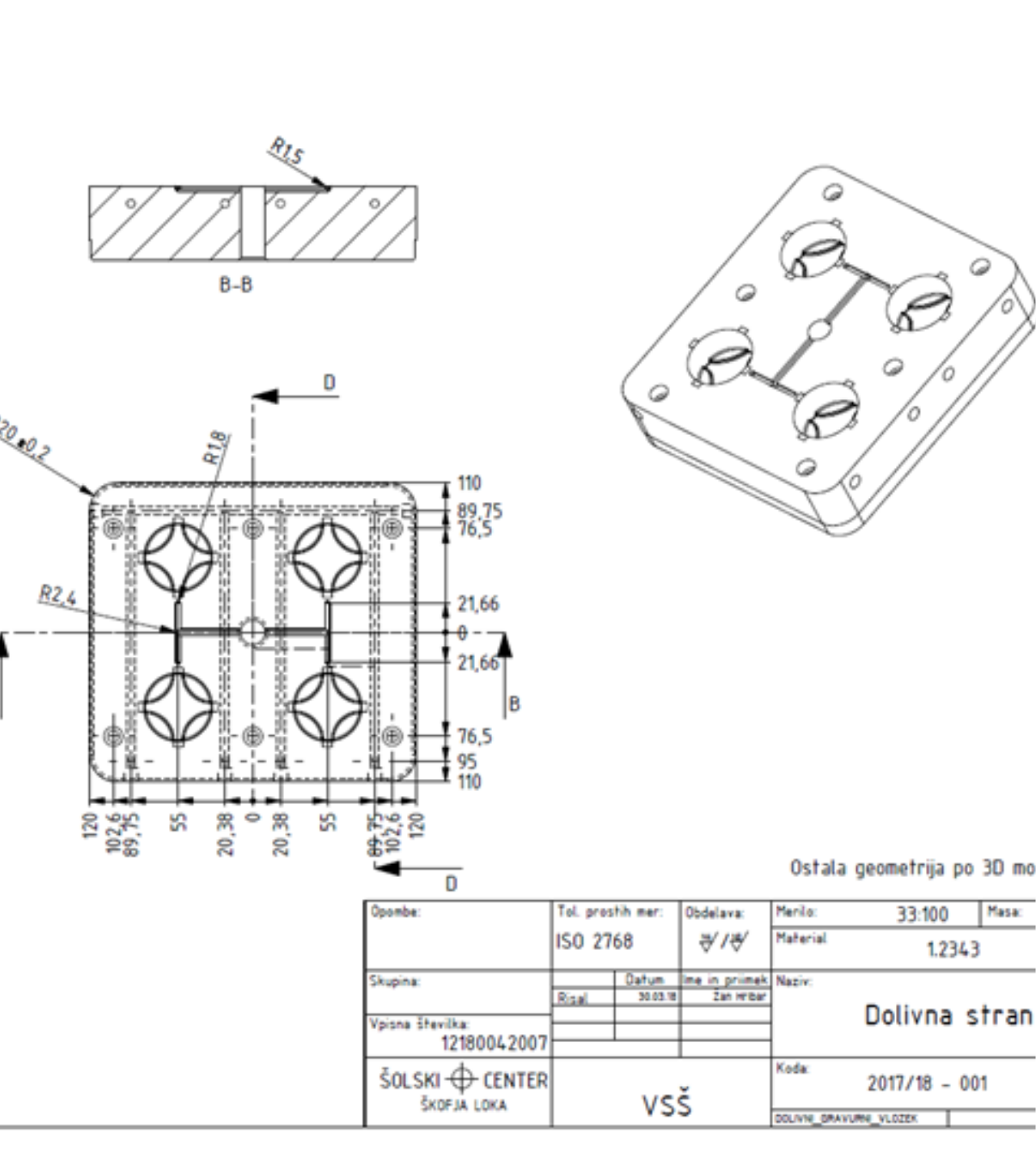
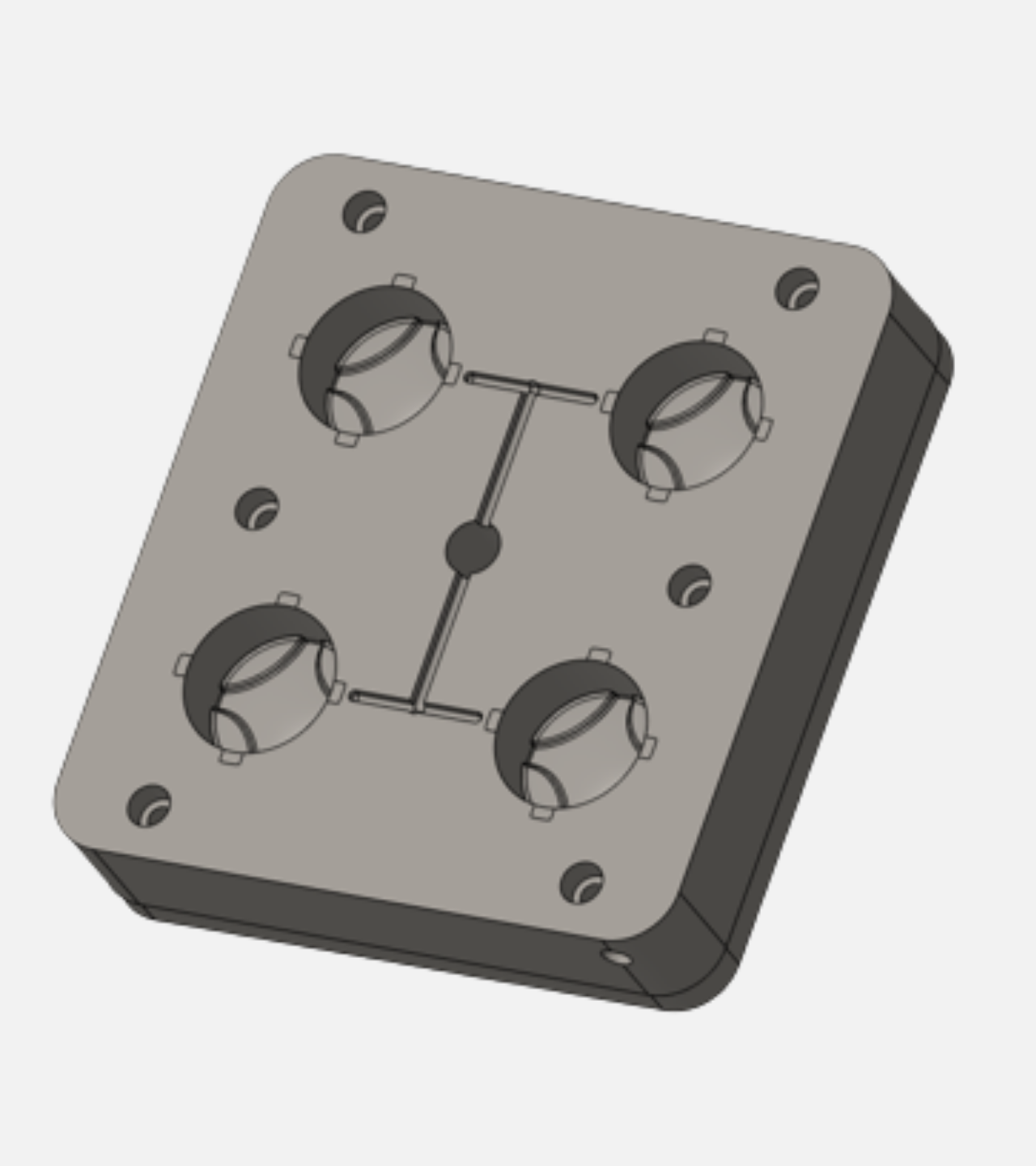
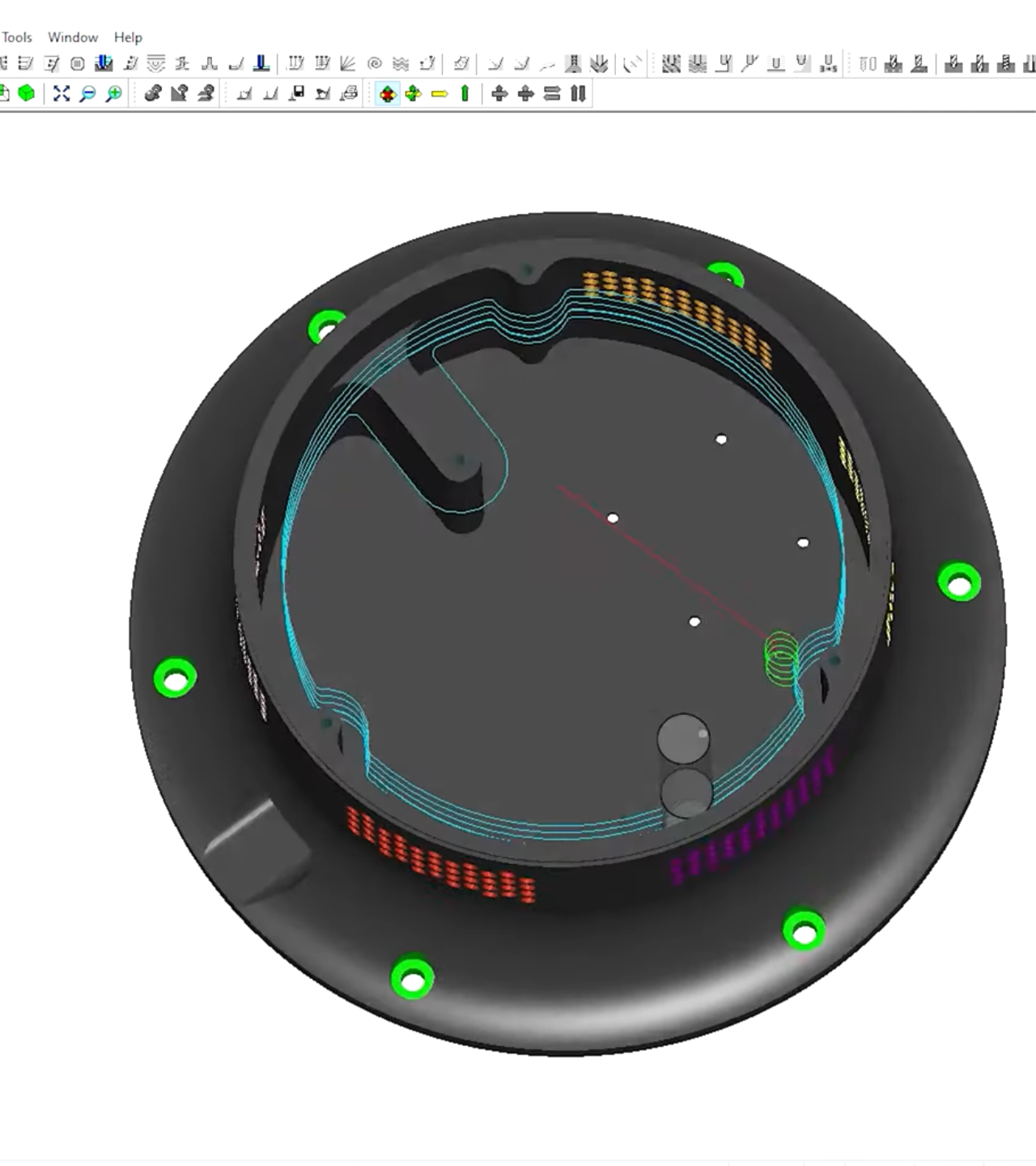
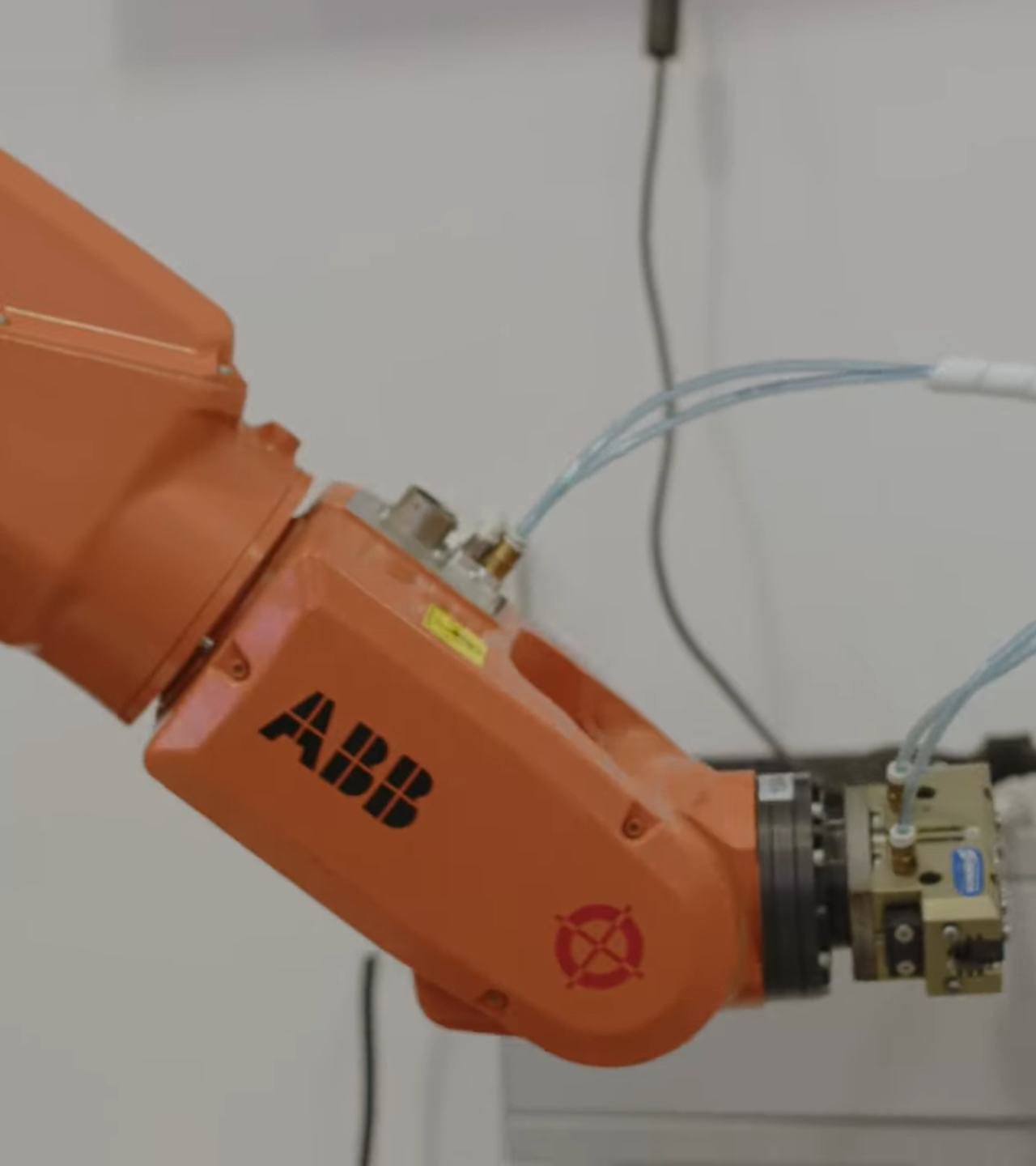
Wood engineering
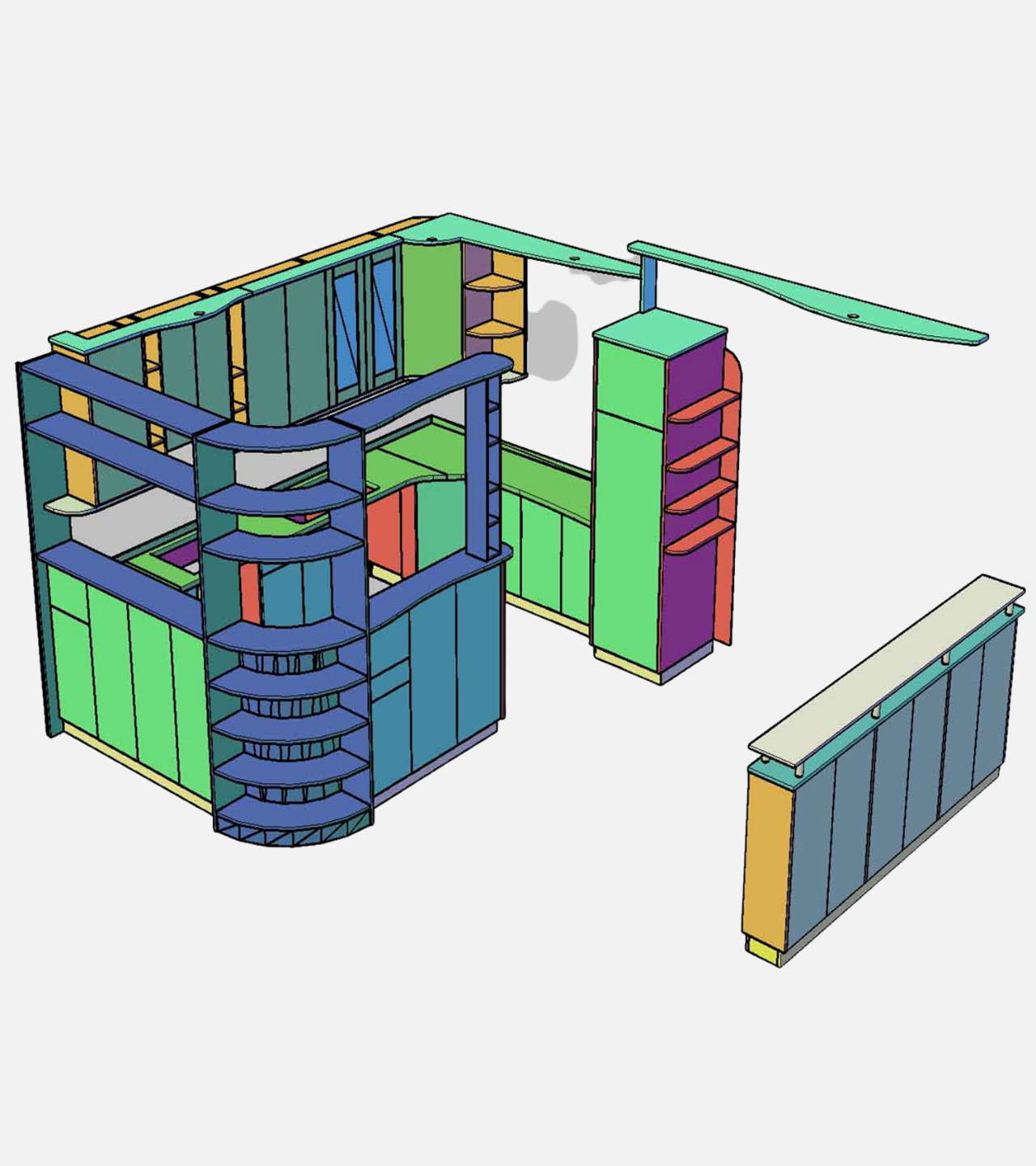
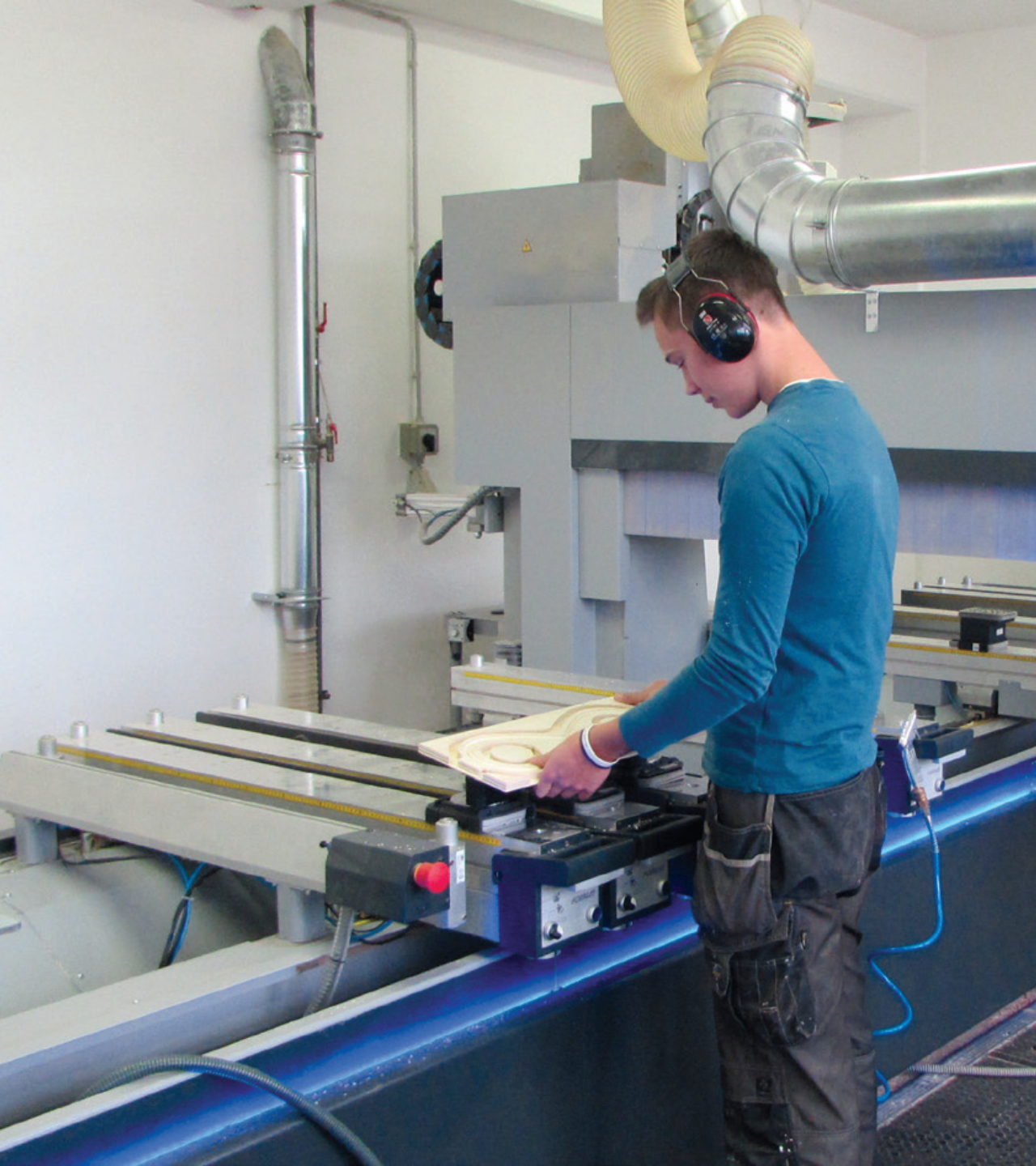
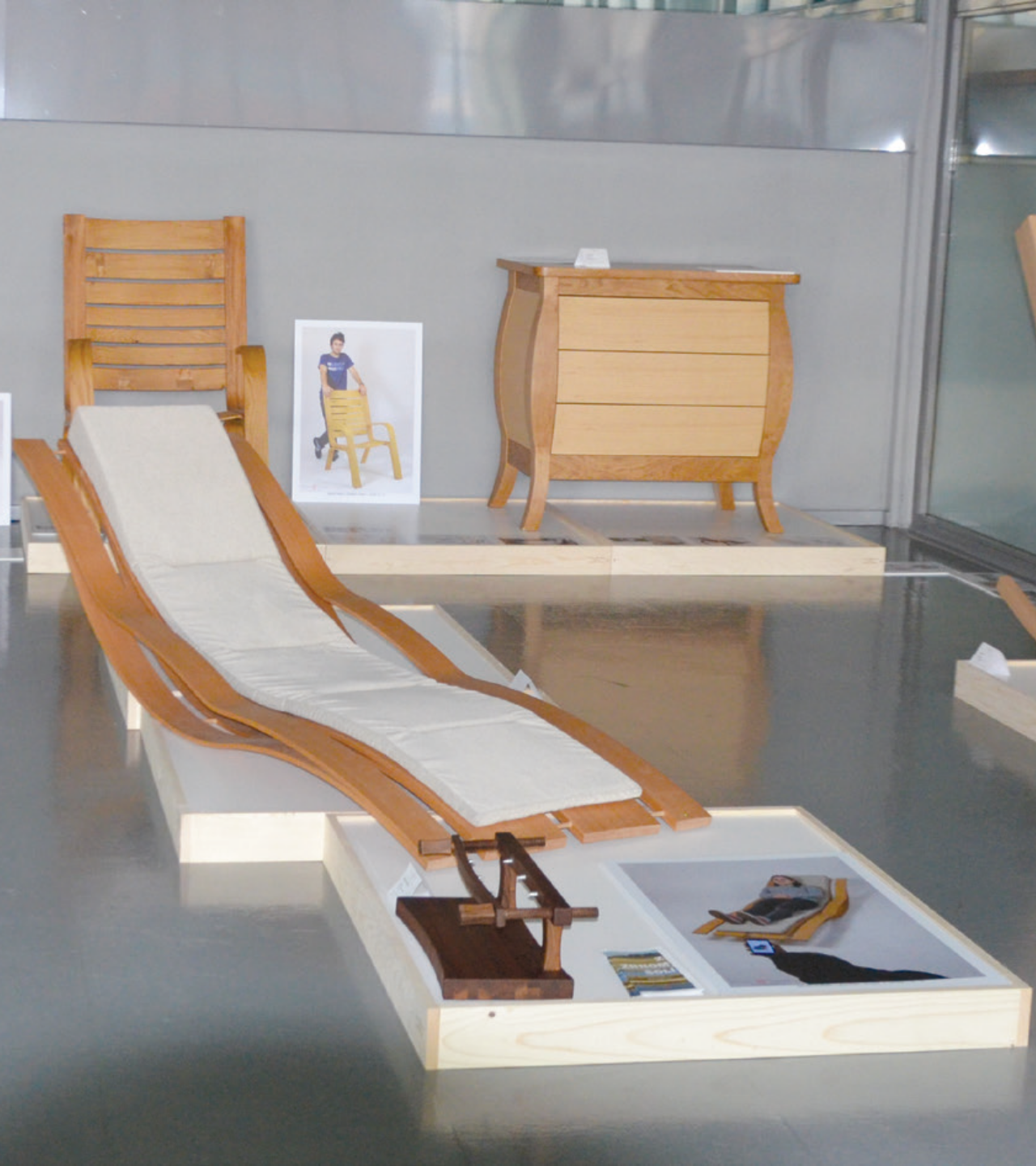
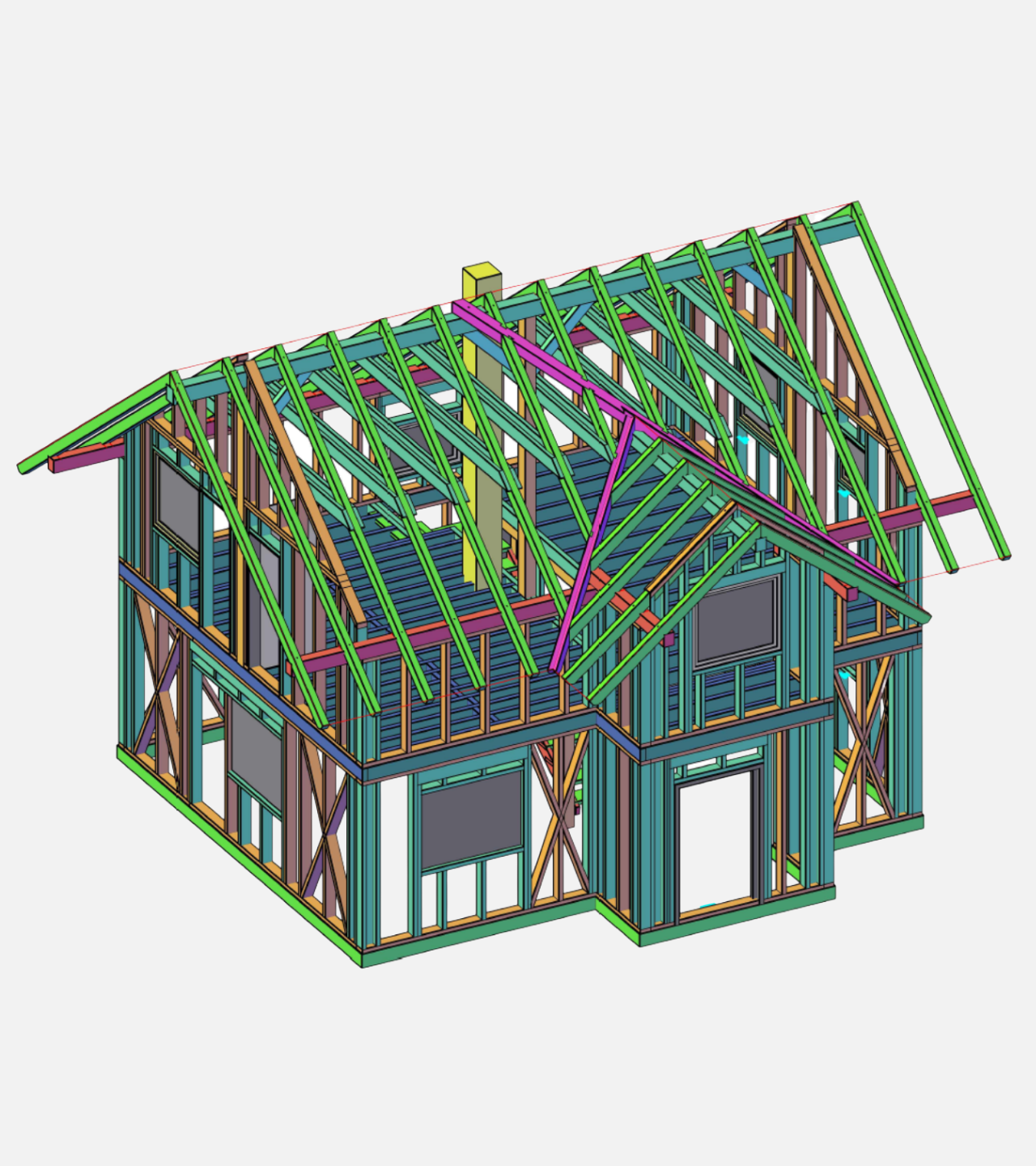
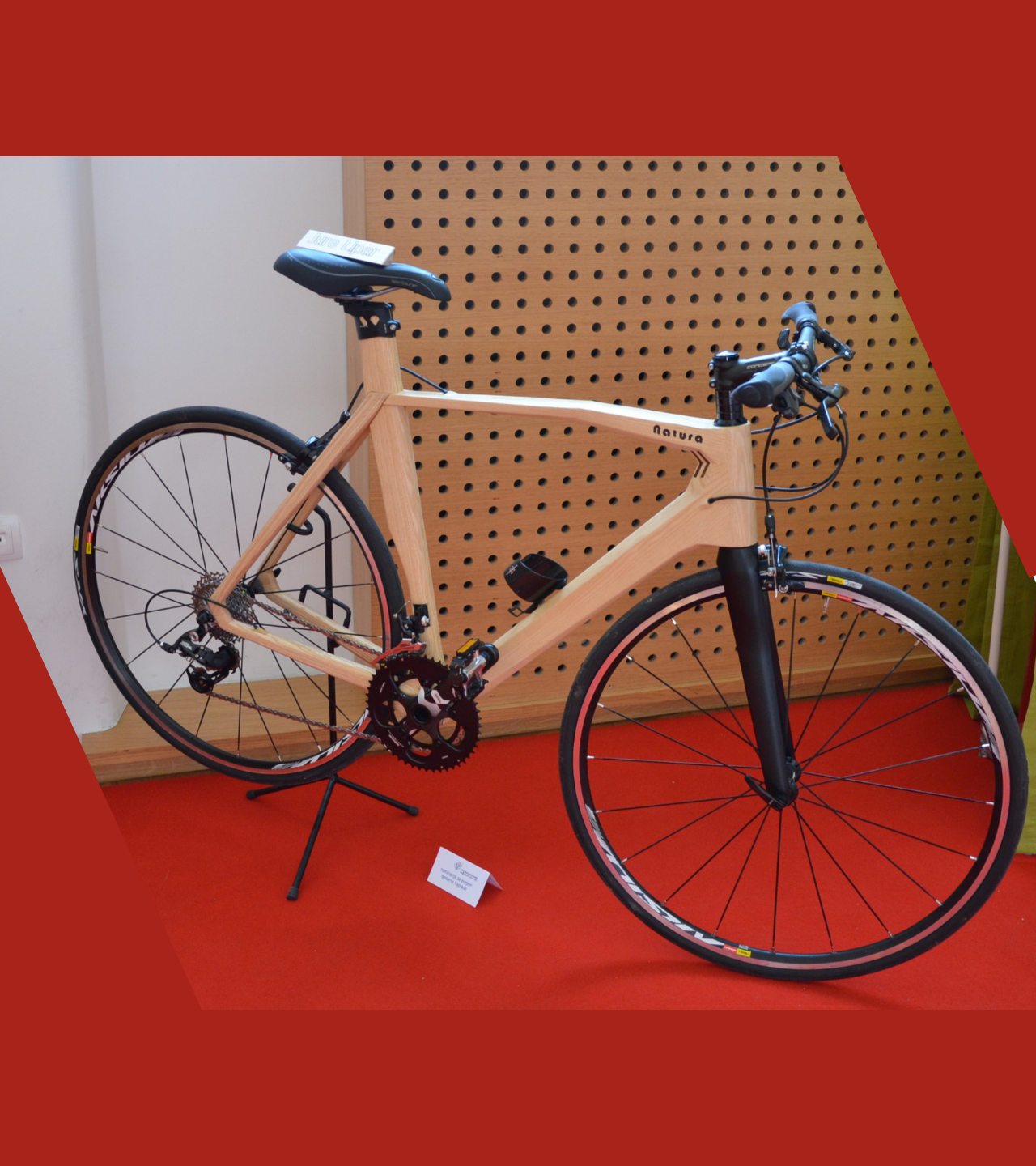
Enrolment in the study programmes
Access requirements: completed general or vocational matura examination
Duration of full-time study: two years
Duration of part-time study: three cycles – two and a half years
Implementation of education – full-time study: 34 weeks – 24 weeks of professional theoretical education, 10 weeks of practical training
Application, enrolment, major deadlines
Apply online on the website of Višješolska prijavna služba, Šolski center Celje, Višješolska prijavna služba, Pot na Lavo 22, 3000 CELJE
All other information can be found on the website of our Vocational College of Mechanical and Wood Engineering, SC Škofja Loka.
Info Day
11 and 12 February 2022
Application – 1st application period
15 February -18 March 2022
Application – 2nd application period
25 - 31 August 2022
Enrolment in the 1st Year for students who applied in the 1st application period
until 22 August 2022
Enrolment in the 1st Year for students who applied in the 2nd application period
until 3 October 2022
